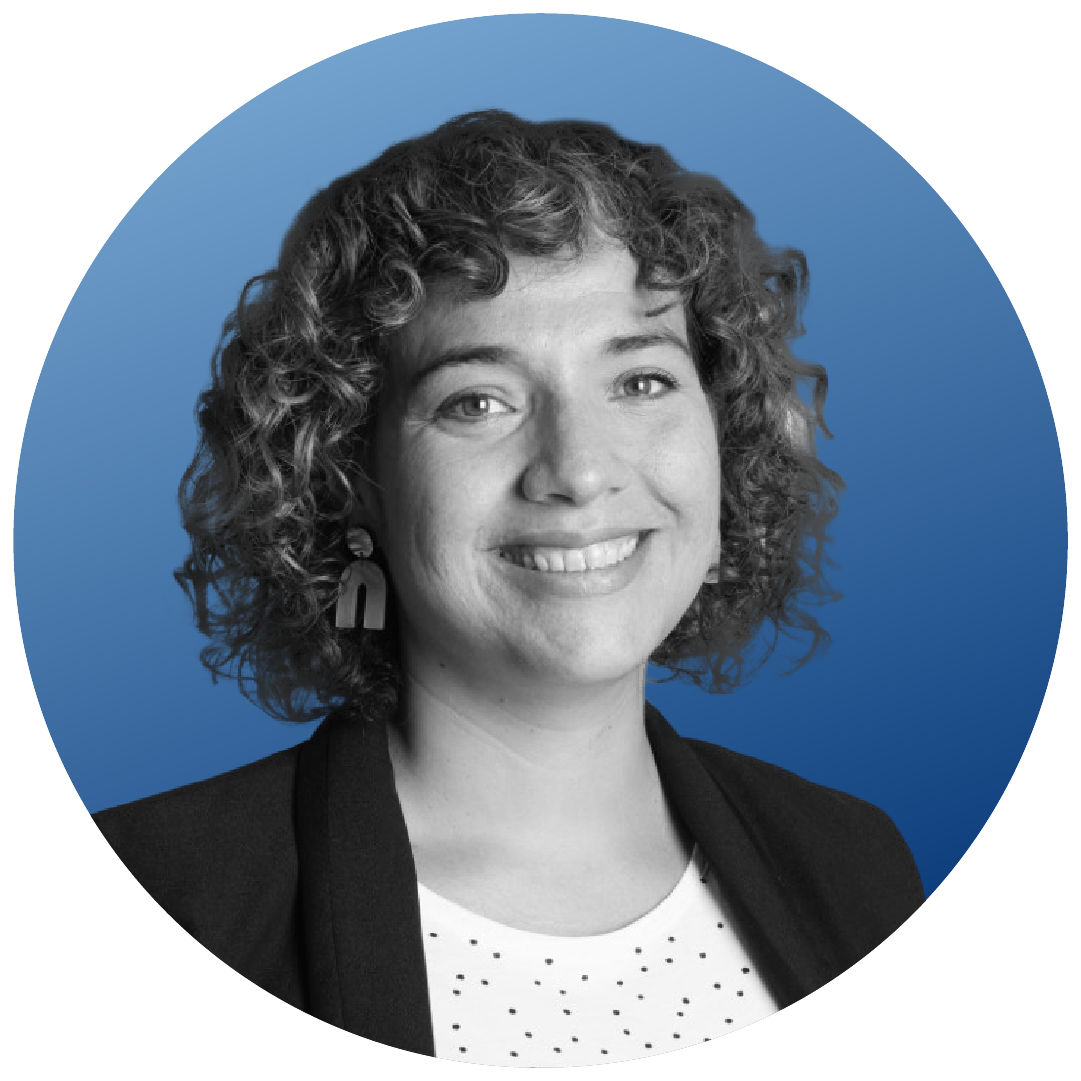By Gala Díaz Langou and Sofia Fernández Crespo**
The world is not working. In the last four years alone, we have experienced a once-in-a-generation global health crisis, some of the highest temperatures in recorded history, multiple catastrophic weather events, two massive international wars, the spread of authoritarianism and democratic backsliding, as well as the greatest wealth inequality since the Gilded Age.
According to the World Bank’s Poverty and Inequality Platform, 23 million more people are now living in extreme poverty than before the COVID-19 pandemic. And while the most prosperous regions in the world have succeeded in lowering these poverty rates, the same cannot be said for the rest of the planet, particularly Sub-Saharan Africa, where more than half the population is living in such conditions.
In 2020, the global Gini coefficient, which measures inequality across countries on a scale ranging from zero (perfect equality) to 100 (one person controls all of a nation’s resources), was 62.7. While that number was down from 70 in 1990, when the coefficient was first utilized, it was up 0.7 from the year before — double the annual increase from 1998 to 1999, a previous high.
These converging and increasingly frequent economic, political, environmental, religious, and social crises have spawned what is commonly known today as a “polycrisis.” This polycrisis threatens social cohesion and democratic institutions while exposing the limits of state intervention and international cooperation. Faith in democracy and governments is in decline: less than half of the population of the countries in the Organization for Economic Co-operation and Development (OECD) trusts their elected officials; in Latin America and the Caribbean, this number has dipped to less than one third.
We are losing our ability to take collective action to solve common problems. In recent decades, we have focused almost exclusively on GDP, or GDP per capita. We have pursued profit for so long that we have begun to confuse the means for the ends, sacrificing our quality of life and the health of our natural environment for short-term gain. Fortunately, this is a trend that can be reversed. To do that, however, we must start measuring the prosperity we hope to achieve.
As Nobel Laureate in Economics Amartya Sen proved many years ago with his capability approach, our impetus should be on creating the conditions for us to reach our full potential rather than simply guaranteeing the freedoms to do so. Many of our abilities are formed during early childhood, and families play a crucial role in nurturing them. But how are they cultivated and grown?
At CIPPEC, Argentina’s largest think tank, we have developed an innovative instrument that helps us do just that. The Basic Care Basket provides an estimate of the monetary cost of goods and services required for a family or household to maximize the growth of these capabilities — without jeopardizing a woman’s economic autonomy or a child’s development.
This tool also serves to quantify what has previously gone unmeasured: the amount of unpaid labor households invest in developing these capabilities. Much of this falls on the shoulders of women, who devote three times more hours than men globally to unpaid domestic and care work.
Based on the surveys that are used for its data collection, the Basic Care Basket is an indicator that can be replicated in over 100 countries.
To date, we have led a pilot program for its implementation in the City of Santa Fe, the fourth largest in Argentina. The data that was gathered has informed policy: authorities have used care deficits to determine what kind of state interventions are required. By addressing the individual needs of families and allocating resources more efficiently, we’ve also been able to rebuild trust in institutions that were previously broken.
To tackle the world’s polycrisis, we need to start small. The Basic Care Basket is just one of many such solutions.
** Díaz Langou is the Executive Director at CIPPEC, an independent nonprofit organization based in Argentina that Works on building better public policies. Sofia Fernández Crespo is the Executive Direction’s coordinator at CIPPEC.




